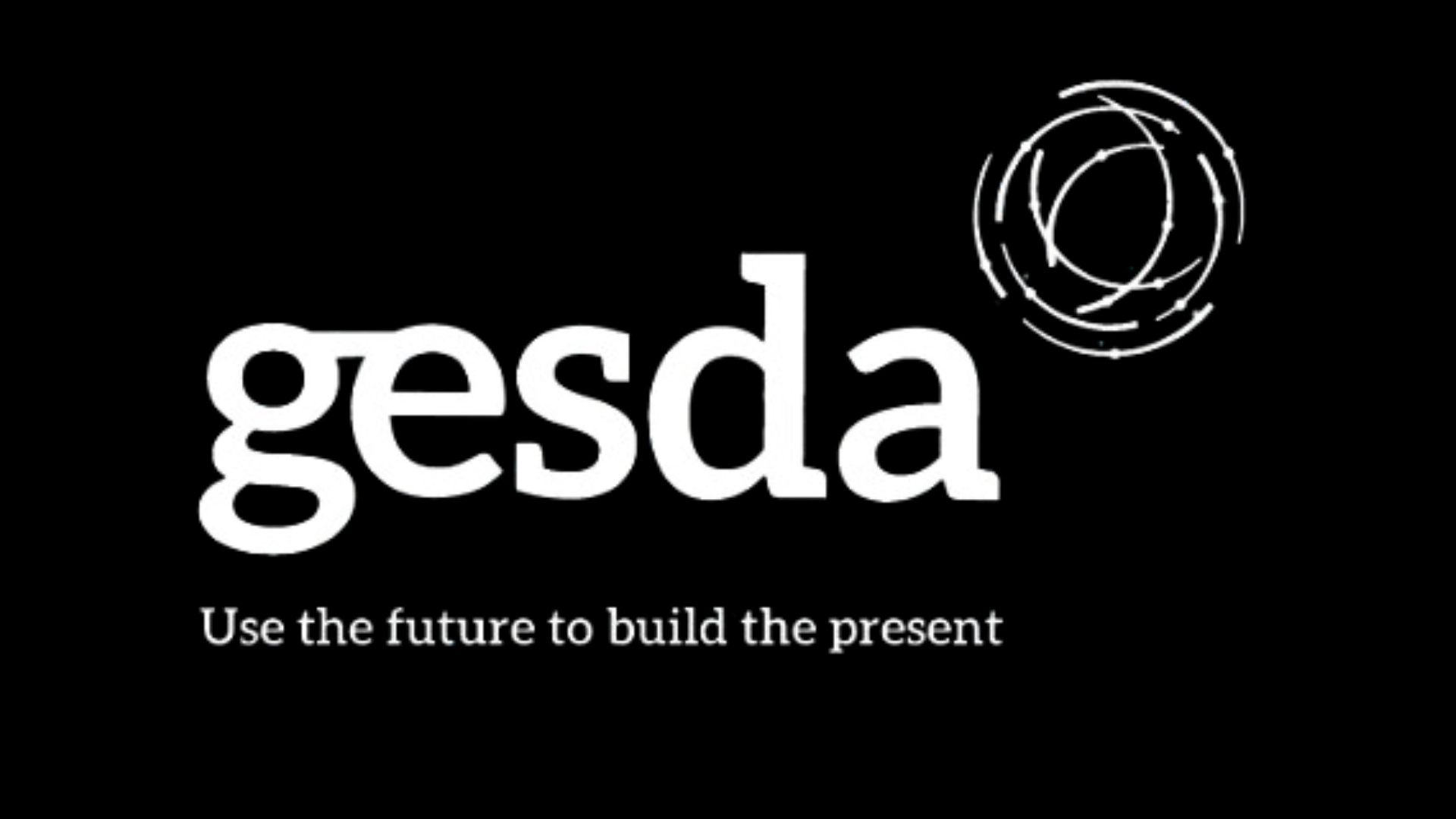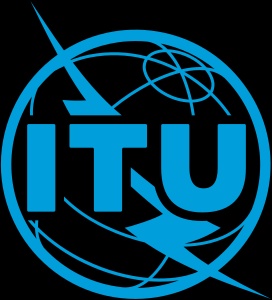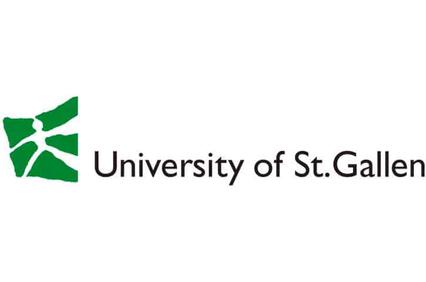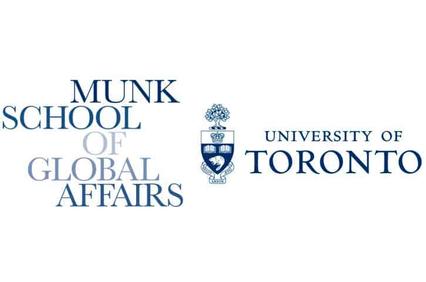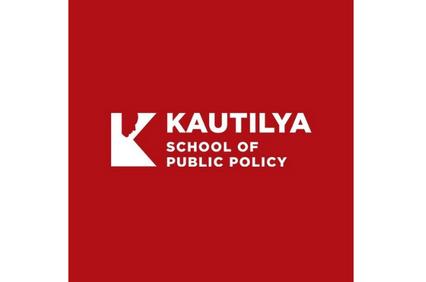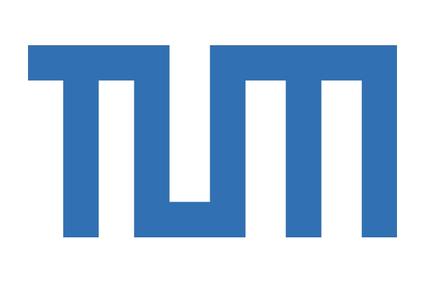
THE PROGRAM FOR LEADERS IN TECHNOLOGY AND GLOBAL AFFAIRS
THE PROGRAM FOR LEADERS IN TECHNOLOGY AND GLOBAL AFFAIRS
You have the opportunity to put yourself at a central viewing point, from where to observe and understand how technology is completely changing global politics, policy and international affairs from a global and domestic angle. Over ten months, this tech-focused program will lead you on a path built upon two fundamental pillars: the impact of technology on international affairs and its impact on public policy. You will gain the knowledge and skills to navigate the complex intersection of technology and governance, at both the domestic and international level.
Combining fields such as political science, international relations, economics, law and sociology with those of artificial intelligence, digitalization, fintech, cloud computing and big data analysis, this exceptional program provides a comprehensive and global exploration of the growing influence of technology in the political, social and economic life as well as in the progress of the whole planet.
Hands-on experience will prepare you to lead the way in strategic policy design and implementation, whether in a governmental or private sector. You’ll also gain the tools to understand how technological advancements shape global power dynamics, influence national policies and impact social, economic and security landscapes.
Approaching the matter with an eye to both the public and the private sector and the domestic and international landscapes, the program focuses on how the disruptive nature of emerging technologies is profoundly impacting every area of society while preserving a positive approach to the big changes they may bring about. Through a tailored selection of elective courses, capstone projects and extracurricular experiences, students can build a personalized journey along an international affairs or public policy path.

WANT TO KNOW MORE?
EXPLORE THE MASTER IN TECHNOLOGY AND GLOBAL AFFAIRS STUDY PLAN
EXPLORE THE MASTER IN TECHNOLOGY AND GLOBAL AFFAIRS STUDY PLAN
- Terms10 MONTHS
- TERM 1
- TERM 2
- TERM 3
- ADD ONS
- Terms10 MONTHS

OFFICIAL DEGREE
OFFICIAL DEGREE
Students must fulfill the following requirements to be able to request the issuance of the Official University Degree upon completion of the Master Program. If educational prerequisites are not provided and/or if the requirements are not met on time, the student will not be able to request the official university degree as issued by the Spanish government. In this case, the studies will not be official under Spanish educational regulations.
TWO PILLARS TO SUPPORT A HOLISTIC LEARNING
TWO PILLARS TO SUPPORT A HOLISTIC LEARNING
The program’s core pillars provide a coherent, complementary foundation for your learning experience. These central components allow us to structure the broadest possible examination of tech’s role in modern global and domestic affairs.
Technology and International Affairs
Explores how emerging tech is affecting the geopolitical sphere. This pillar imparts immediately applicable knowledge and the practical skills most relevant to international governance and work in multilateral organizations. Students will also take a closer look at the profound implications of technologies such as AI and blockchain for markets and the global economy, discovering new opportunities and business models.
Technology and Public Policy
Examines domestic and international policy, allowing students to hone their policy-making expertise by designing a tech-based proposal on foreign policy and an end-to-end conflict resolution that harnesses tech’s capabilities in building transitional justice. Students will take a hands-on approach to business planning and organizational strategy, gaining comprehensive knowledge of emerging trends and a profound understanding of the demands of tomorrow.
IMMERSION WEEK EXPERIENCE
IMMERSION WEEK EXPERIENCE
As part of the program, you will travel to a major international hub for an immersive experience that offers firsthand insights into tech-driven societal changes, governmental tech policies, and regulatory challenges. You will visit leading tech companies and visionary startups, experiencing cutting-edge technologies and strategies up close. In addition, you’ll have the chance to network with key public officials, industry leaders, and policy experts from world-renowned think tanks, multilateral institutions, and international organizations.
* Visits to organizations may vary from one year to another.

Exchange Program Partner Universities
Exchange Program Partner Universities
You can personalize your program by spending an additional semester at one of our partner universities worldwide, following the third and final semester in Madrid. Our agreements with these institutions offer you the chance to gain international experience and expand your learning at some of the world's top universities.
NOTE: Spots are limited in all exchange programs. Upon acceptance into an exchange program, there is a fee for reserving your place, but tuition at the partner institution is free of charge. You'll only need to cover your living expenses while there.
SCIENCES PO
LUISS, ROMA
UNIVERSITY OF ST. GALLEN
UNIVERSITY OF TORONTO, MUNK SCHOOL OF GLOBAL AFFAIRS
Kautilya School of Public Policy
TECHNICAL UNIVERSITY OF MUNICH
UNIVERSITY OF MILAN
FREQUENTLY ASKED QUESTIONS
FREQUENTLY ASKED QUESTIONS
What skills do you learn from the Master in Technology and Global Affairs?
The program provides a multidisciplinary approach to the complex relationship between technology and global affairs. Students will learn technological, analytical and methodological skills through a practical approach to current world issues. The course is designed to equip students with a comprehensive understanding of the geopolitical and societal impact of technology.
What is the impact of a Master in Technology and Global Affairs?
The Master in Technology and Global Affairs empowers individuals to understand and navigate the intersection of technological advancements and global geopolitical shifts, positioning them to make meaningful contributions and address tech's disruptive effects on international affairs. Through this course, students will learn how to harness technology for a positive impact on international policy-making.
What courses are covered in the Master in Technology and Global Affairs?
The program includes courses across three core themes: Citizenship and Rights, Geopolitics and Security, and Prosperity and Economy. Additionally, it includes regional and thematic concentrations, technology skills training, practical projects and industry visits.
